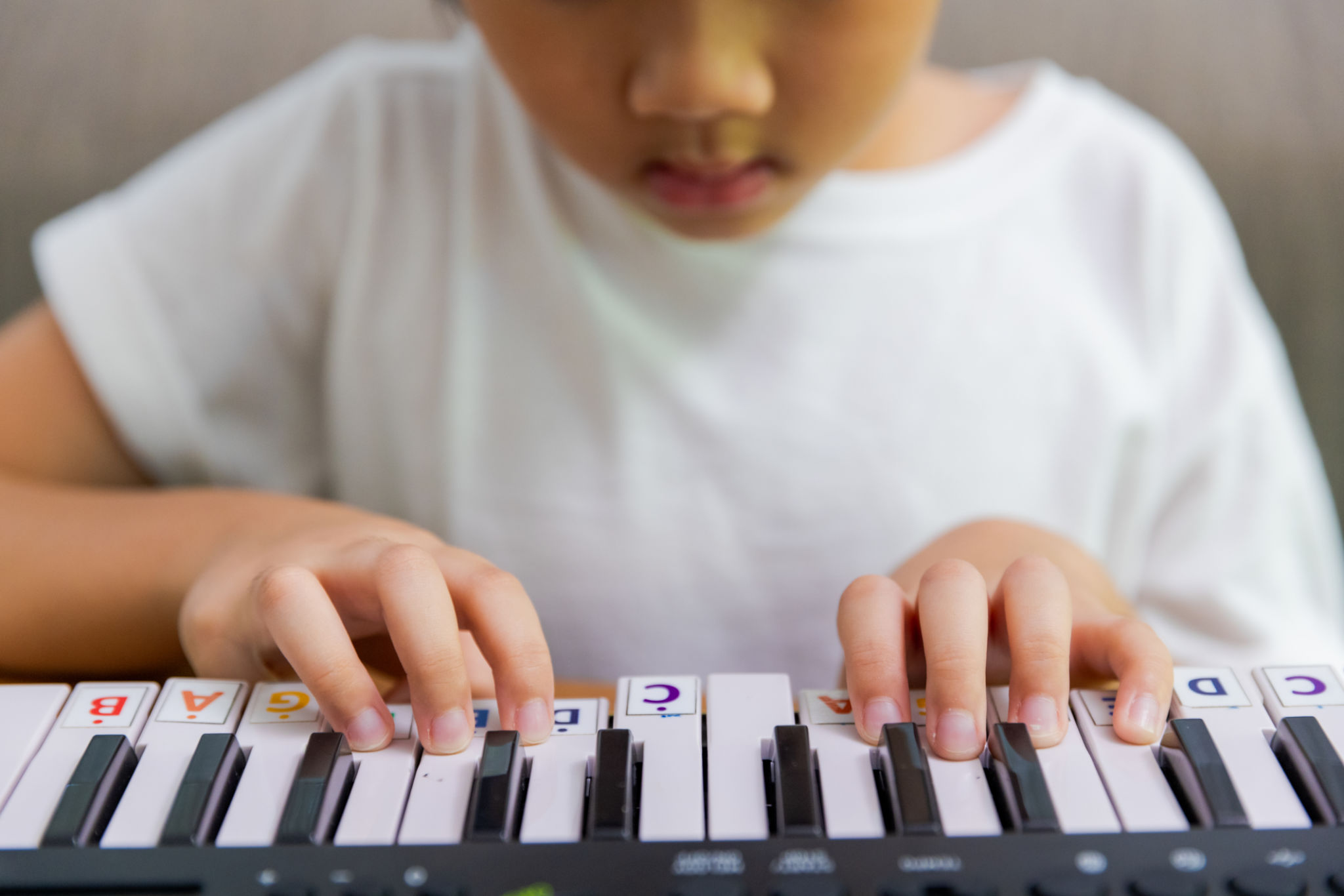Exploring the Benefits of Piano Education for Children
The Cognitive Advantages of Learning Piano
Piano education offers numerous cognitive benefits for children. Learning to play the piano requires concentration, discipline, and patience, all of which are essential skills for academic success. Research indicates that children who study piano tend to have enhanced memory, improved spatial-temporal skills, and better mathematical abilities. These cognitive advantages are not only beneficial during childhood but also lay a strong foundation for lifelong learning.
As children learn to read music and translate notes into hand movements, they engage in complex brain processes that strengthen neural connections. This mental workout enhances their problem-solving skills and boosts their IQ levels, offering a significant edge in academic pursuits.

Emotional and Social Growth
Beyond cognitive development, piano education fosters emotional and social growth. Playing the piano provides children with an expressive outlet, helping them to articulate their emotions through music. This emotional articulation can lead to greater self-awareness and a higher level of emotional intelligence.
Moreover, participating in piano lessons often involves collaboration with teachers and peers. This interaction helps children develop communication skills, learn the value of teamwork, and build self-confidence. Performing in recitals or group settings can also help children overcome shyness and boost their self-esteem.
Building Discipline and Focus
Learning the piano requires consistent practice, which helps children develop a strong sense of discipline. Regular practice sessions teach children the importance of setting goals and working diligently to achieve them. This discipline often translates into other areas of their lives, such as academics and extracurricular activities.

Piano education also enhances a child's ability to focus. The process of learning new pieces, mastering complex compositions, and refining techniques demands sustained attention. This improved focus can help children perform better in school by allowing them to concentrate more effectively on their studies.
Cultural Appreciation and Creativity
Piano education exposes children to a vast repertoire of music from different cultures and historical periods. Through this exposure, children gain an appreciation for diverse musical styles and traditions. This cultural awareness fosters an open-minded perspective, encouraging children to explore and embrace new ideas.
Furthermore, learning to play the piano nurtures creativity. As children become more proficient in their skills, they often experiment with composing their own music or improvising on existing pieces. This creative expression allows them to think outside the box and develop innovative problem-solving abilities.

A Lifelong Passion
Introducing children to piano education can spark a lifelong passion for music. Many children who begin playing the piano at a young age continue to enjoy music as a hobby or even pursue it as a career. The joy and satisfaction derived from making music can provide a lasting source of happiness and fulfillment throughout their lives.
In conclusion, piano education offers a multitude of benefits for children, ranging from cognitive development to emotional growth and cultural appreciation. By investing in piano lessons, parents can equip their children with valuable skills that will benefit them for years to come.
